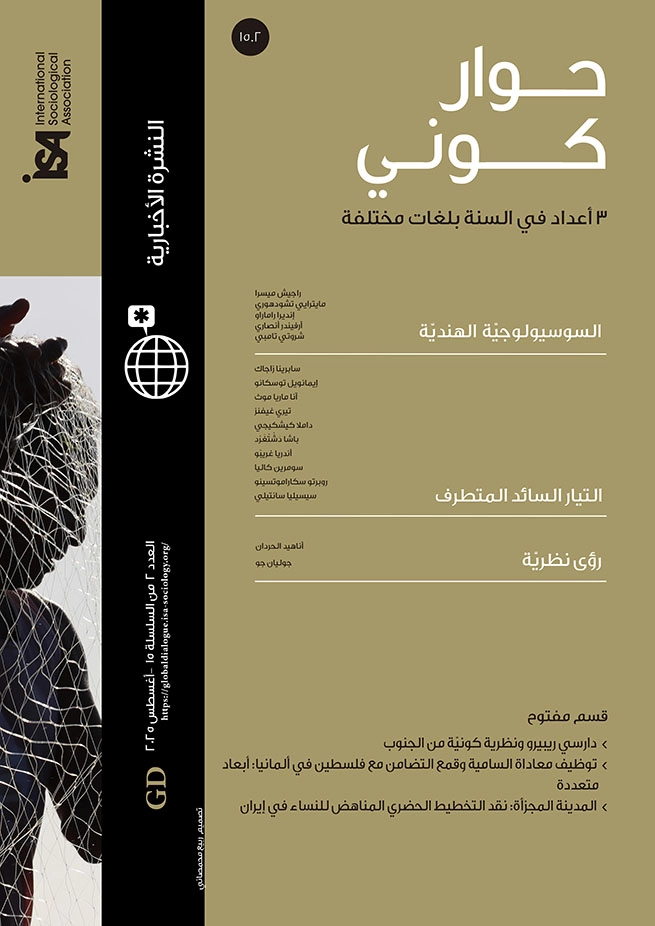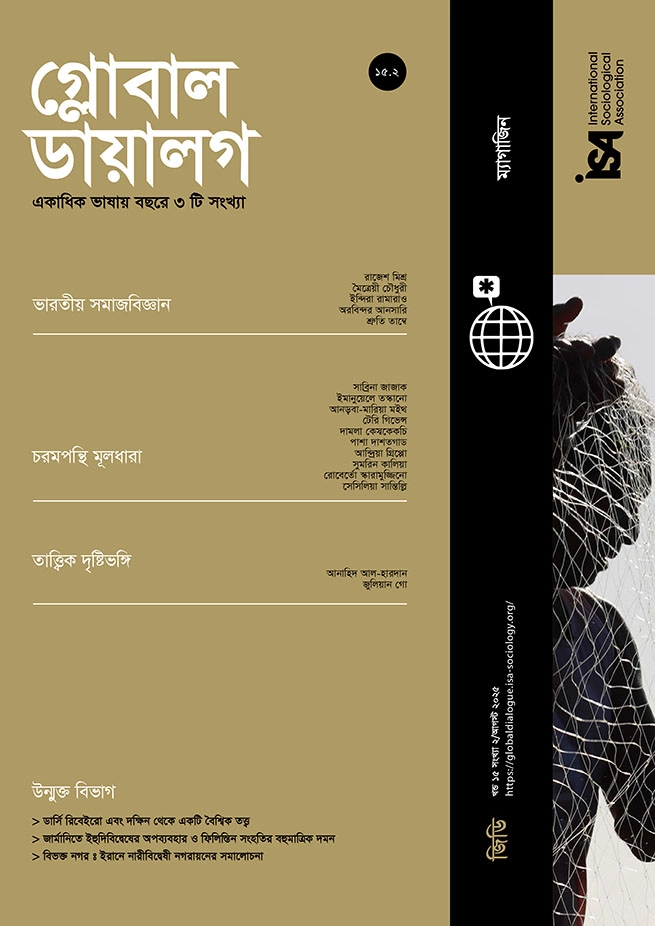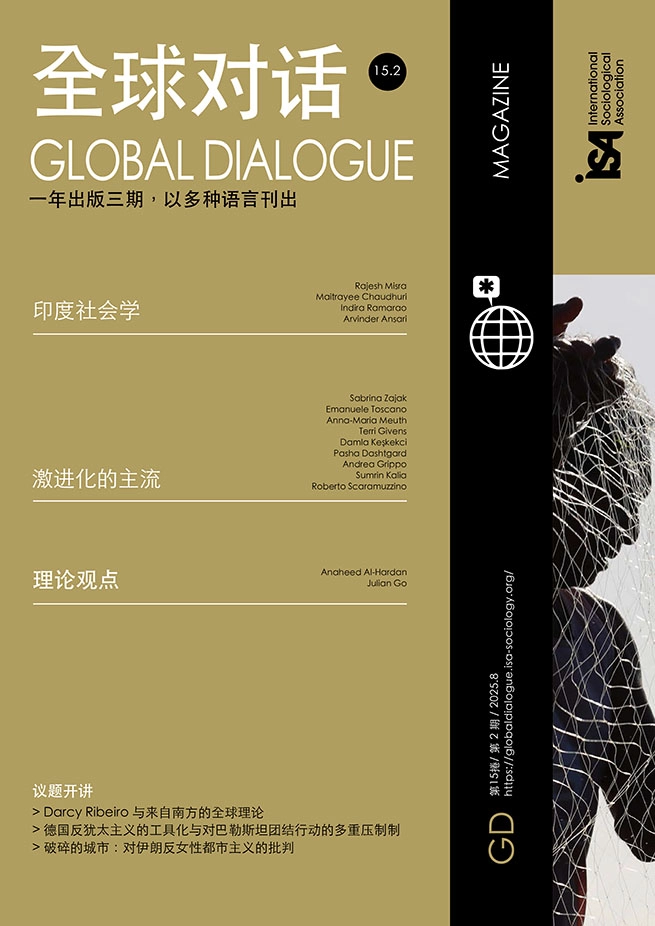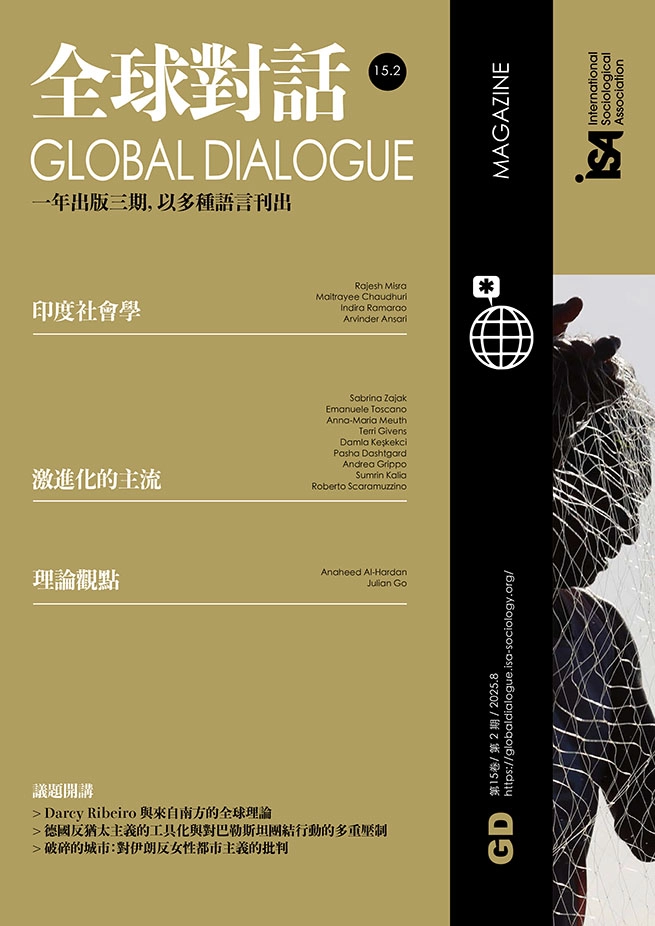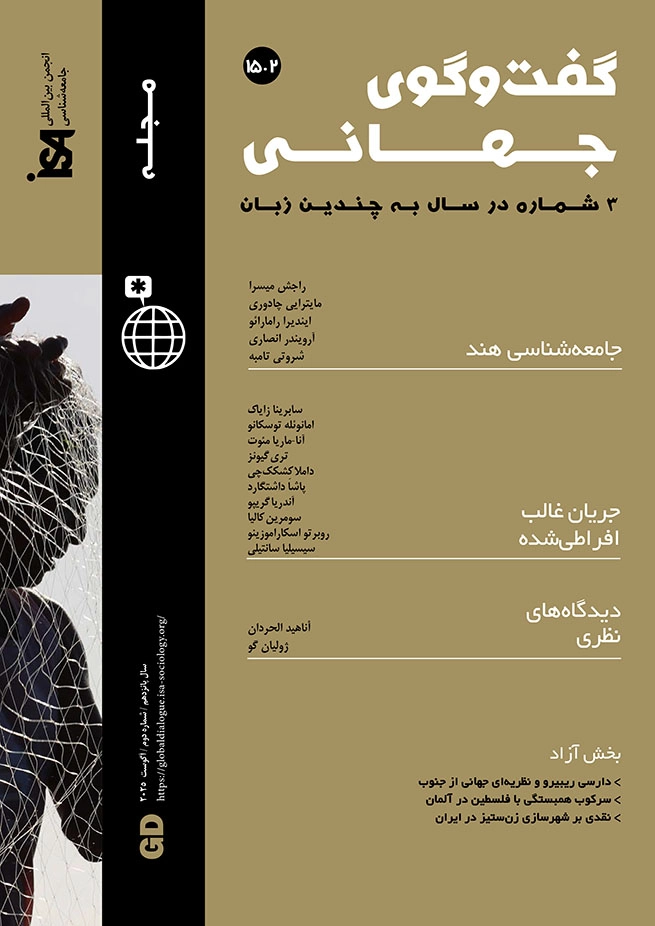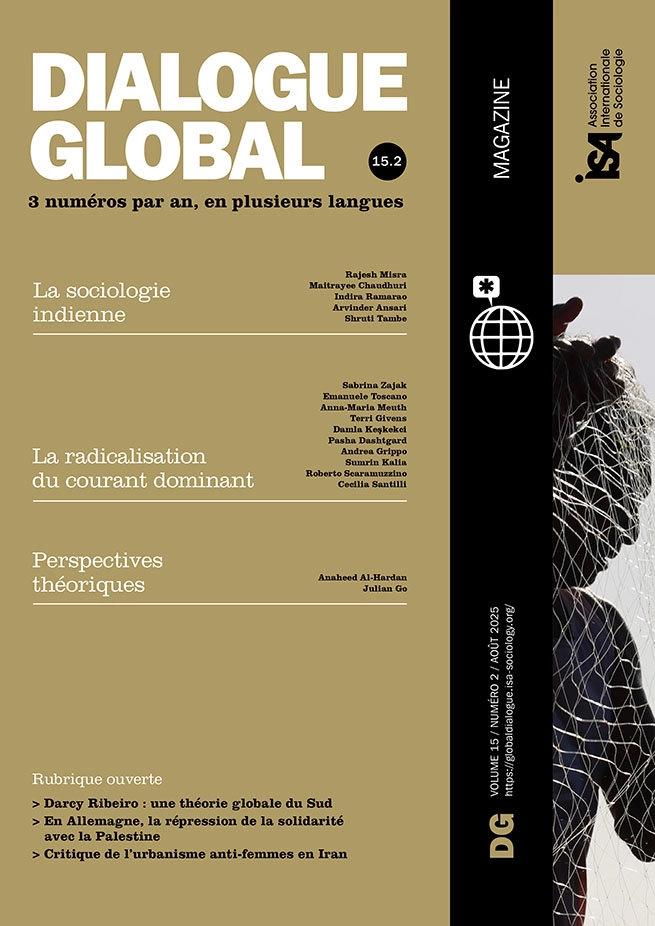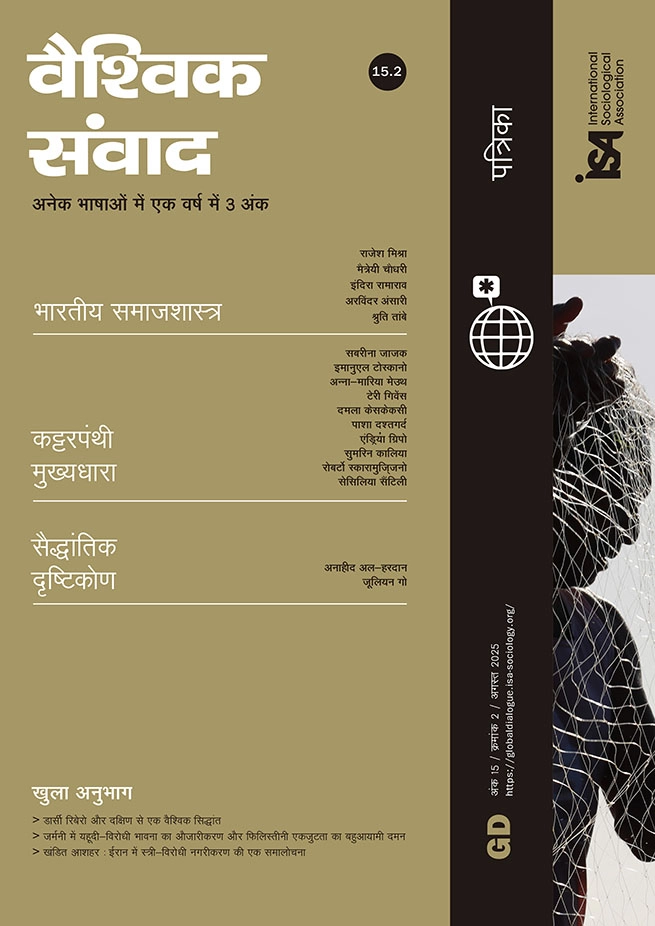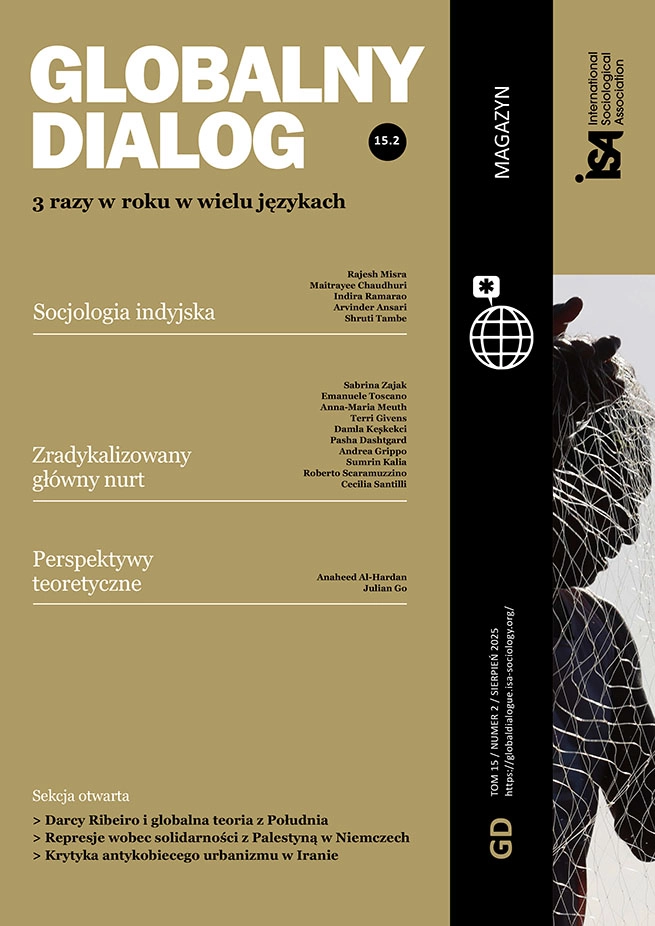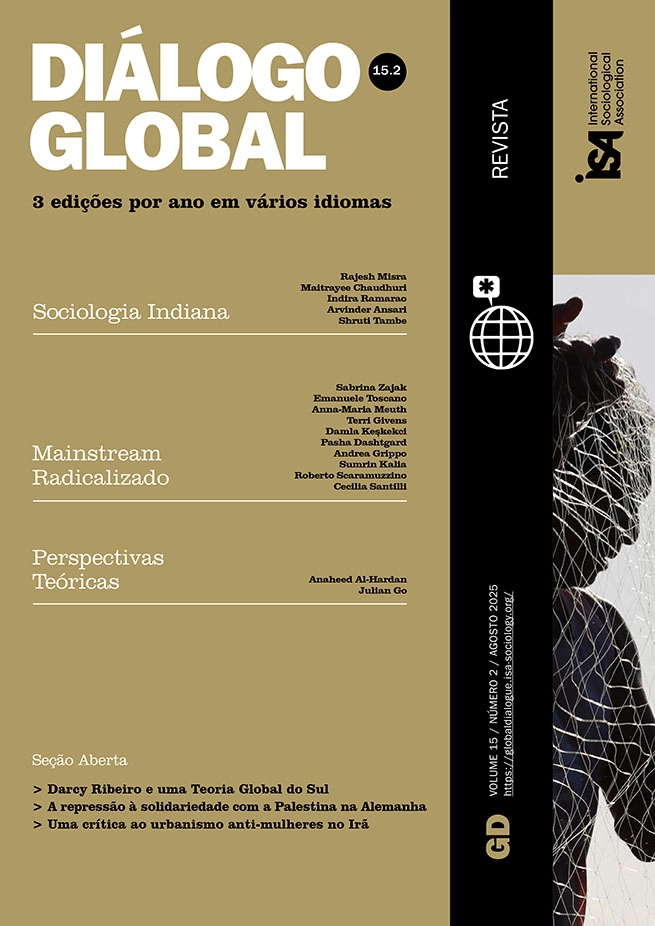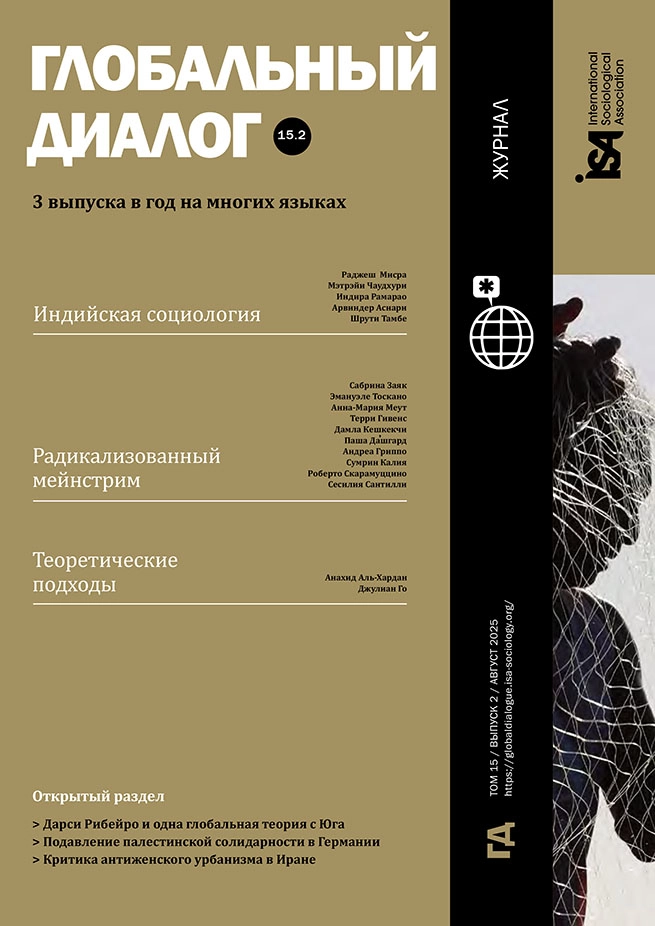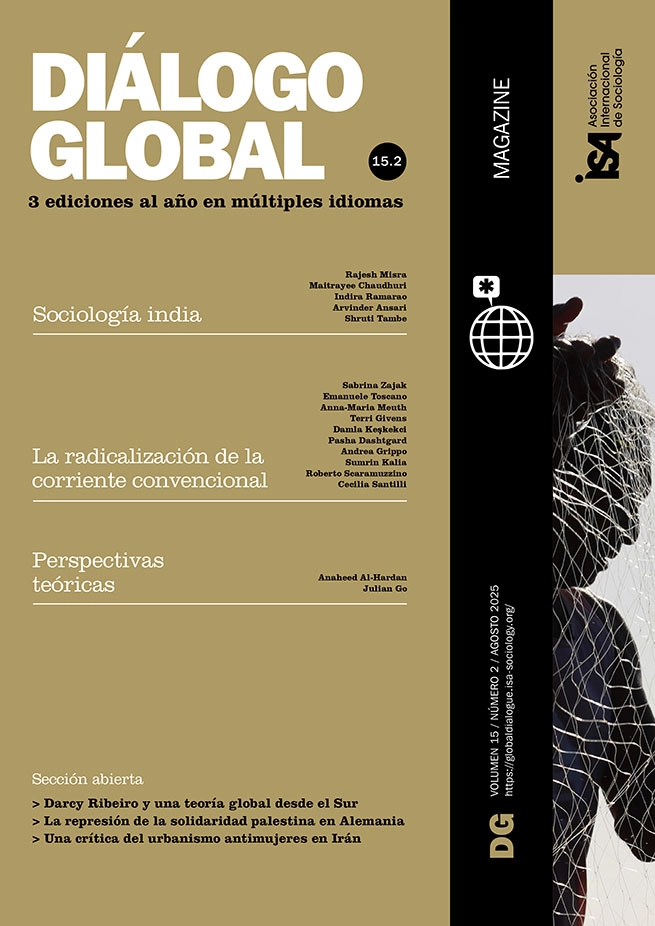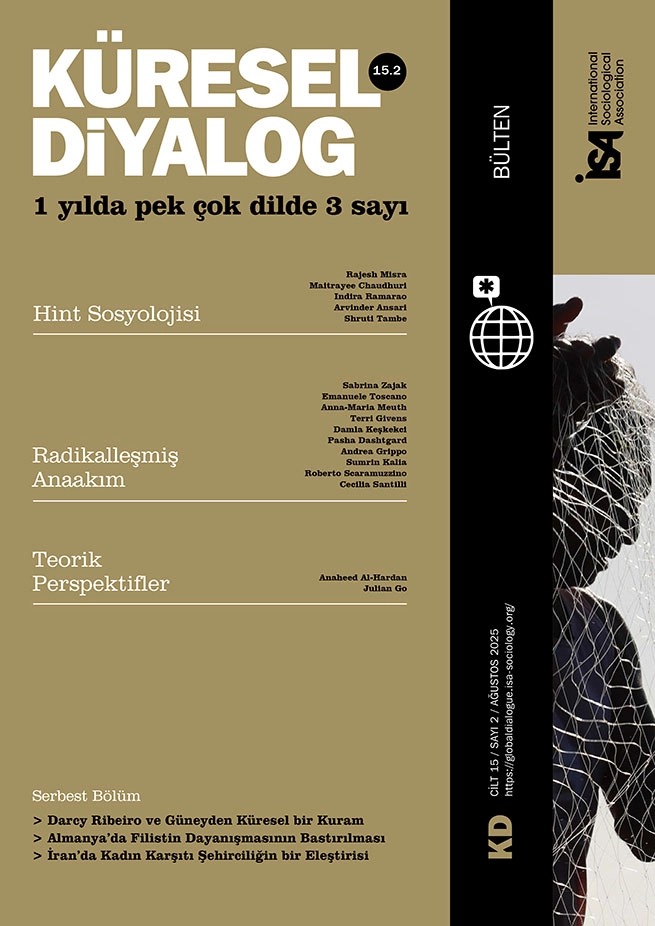Darcy Ribeiro and a Global Theory from the South
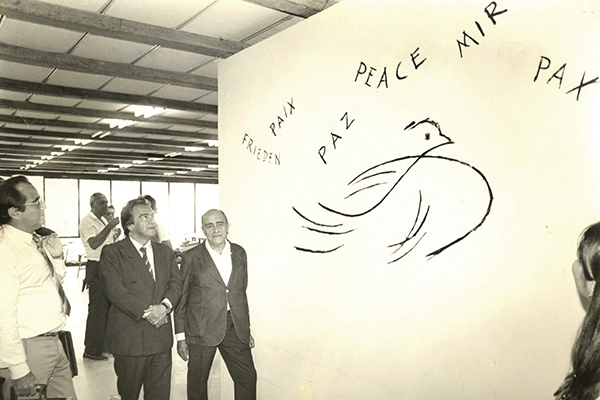
July 16, 2025
Brazilian social scientist and public intellectual Darcy Ribeiro (1922-1997) left a legacy of nearly 1,000 pages of written work. It is still underexplored, even within Brazilian academia, despite the 90 editions of his work published in dozens of languages – a rare achievement among Latin American authors. The relative silence surrounding his theses may be attributed to ideological disagreements and discomfort with his staunch advocacy of the engaged intellectual and his persistent commitment to general theory at a time when such endeavors were considered outdated.
Ribeiro stood for President João Goulart in Brazil when the 1964 military coup ousted the government. Like Goulart, he went into exile, during which he became what he called a “Latin American citizen.” After his return in 1979 under amnesty, he joined the Brazilian Labour Party (PTB) and dedicated himself to the reconstruction of democracy.
A long-term perspective: the civilizational process
Ribeiro was driven by a desire to understand Latin America’s authoritarian tendencies and persistent developmental delays, which he saw as relegating its peoples to the status of an “external proletariat.” Yet, to grasp this historical singularity, he first sought to situate Latin America within a global civilizational process, tracing approximately 14,000 years of development.
How do we classify Indigenous peoples in relation to each other, ranging from advanced civilizations to pre-agricultural hordes who reacted to the conquest according to the level of development they had reached? How do we position the Indigenous peoples and the Europeans, and the Africans who were uprooted from groups at different stages of development to be transported to America as slave labor? How do you classify the Europeans who governed the conquest? Did the Iberians, who arrived first, and the Nordics, who came later – succeeding them in dominating vast areas – represent the same type of sociocultural formation? Finally, how do we classify and relate the American national societies based on their degree of incorporation into the ways of life of agrarian-mercantile civilization and now, industrial civilization?
In his youth, Ribeiro was deeply influenced by Marx’s Grundrisse, especially by his analysis of ancient hydraulic civilizations of the Near East, a mode of production where land was owned by the pharaoh and administered by bureaucrats who orchestrated agricultural planning and labor distribution. Ribeiro provocatively inserted Iberia and the Americas into this global civilizational framework, replying to critics: “Nonetheless, I reserve the right to believe that, despite everything, I am Marx’s heir.”
He advocated for reshaping scientific discourse through close attention to both social contexts and the positionality of the observer. Like Marx, Ribeiro emphasized the need to observe, compare, and interpret with a view toward transformative possibilities. “It is with this posture that we wrote The Civilizational Process...”
In his early work, Ribeiro conducted a critical history of technology, identifying twelve civilizational processes and eighteen sociocultural configurations over fourteen millennia. Aware of the risks of overgeneralization, he nonetheless insisted on theorizing totalities – synthesizing synchronic and diachronic analyses. He aimed to construct a robust comparative framework that avoided hierarchical rankings and instead favored relational explanation.
Singular civilizational process and technological innovations
Ribeiro adopted multilinear neo-evolutionism (a dissidence from classical evolutionism), distancing himself from monocausal and teleological models. He argued for an evolutionary conception of history – “not necessarily evolutionist” – which he considered essential for understanding social change, including industrial and socialist revolutions. In his view, evolution referred to how groups creatively build their existence within the limits set by their environments and historical events, which can be crystallized as relatively uniform structures but temporary.
Ribeiro operated across multiple levels of abstraction. He used the concept of civilizational process (akin to Alfred Weber), focused on singular civilizational processes (similar to Sorokin’s cultural super-systems), and identified technological revolutions as more limited in scope than the broader cultural revolutions discussed by Gordon Childe and Leslie White. He termed “cultural-historical configurations” what Julian Steward called cultural types in his studies on cultural ecology.
Technological revolutions, for Ribeiro, referred to qualitative transformations in human interaction with nature, implying qualitative changes in societies. These revolutions shaped civilizational paths through changes in energy use, which conditioned but were also shaped by humans. Evolutionary stages did not occur linearly but emerged through successful adaptation to environmental complexity. Technological innovations were never isolated events but part of a triadic system, each one having an internal structuration: a) adaptive system: production and reproduction of material conditions of life; b) associative system: regulation of production relations; c) ideological system: all forms of symbolic communication/language, knowledge, beliefs, values, social norms, ways of life, and behavior.
Reflexive modernization and evolutional acceleration
Ribeiro stressed that technological inventions could emerge internally or be adopted through diffusion. Each civilization had its unique mode of reception. He developed two key concepts from this: reflexive modernization/historical incorporation, and evolutionary acceleration.
The former denotes “the compulsive engagement of peoples to the technologically more evolved sociocultural systems, from which derives the loss of autonomy or even the destruction as an ethnical entity”. The concept of incorporation or reflexivity accounts for regressive movements concealed as progress without being so. The concept of evolutional acceleration is the alternative to reflexive modernization/historical incorporation.
Reflexive modernization/historical incorporation is stagnation, not development. Proper development, for Ribeiro, requires people to have the ability to define their own goals.
Poverty, hunger, genocides, and species extinction have never been a sign of progress in the eyes of the critical intellectual. Not always “what comes afterward” indicates greater prosperity, as illustrated by the destruction triggered by the “super-utilization of an efficient technology.” Systems that collapsed did not make any meaningful progress in adapting to weather conditions. Instead, they were overwhelmed by them – stagnating, regressing, and ultimately disappearing.
These insights are especially relevant today amid calls for degrowth. Technological development can deepen inequality and externalize harm to weaker societies. Europe’s prosperity, for instance, was secured through colonial violence, while much of the Global South suffered deepening poverty, wars, catastrophes, and persistent conflict.
Darcy Ribeiro and contemporary global sociology
Revisiting Ribeiro’s work today enriches global sociological debates on center and periphery. Ribeiro conceptualized these not as fixed locations but as dynamic processes: the center as movements of evolutionary acceleration, and the periphery as processes of reflexive modernization.
This invites us to engage with contemporary thinkers. Niklas Luhmann, for instance, following Maturana and Varela, conceptualizes evolving systems interacting with their environments – offering parallels with Ribeiro’s civilizational frameworks. One might ask: are civilizations ultimately successful modes of communication among societies, individuals, and the environment?
Ribeiro’s ideas also resonate with Latin America’s Marxist dependency theorists – Ruy Mauro Marini, Vânia Bambirra, Theotônio dos Santos – and Immanuel Wallerstein’s world-systems analysis. All grappled with the crisis of global capitalism, center-periphery dynamics, and anti-systemic movements.
In global sociology, the call for symmetrical dialogue is urgent. As S.F. Alatas argues, Southern theories should avoid “naive nativism” and cultivate insurgent, cosmopolitan sociologies instead. Sujata Patel’s ISA Handbook of Diverse Sociological Traditions exemplifies this pluralism, fostering dialogue across national and regional traditions.
Moving forward, it is essential to connect Anglophone postcolonial studies with Latin American decolonial thought, Black studies, subaltern feminisms, and Amerindian epistemologies. These “new epistemic subjects” – marginalized both geopolitically and socially – bring critical insight to foundational concepts like the state, nation, capitalism, development, and democracy.
Within this pluriverse, Darcy Ribeiro’s work stands out as a bridge between North and South, theory and practice. A border-crossing intellectual, he was simultaneously a social scientist, an Indigenous anthropologist, a public figure, and, unexpectedly, a literary author.
* The article is based on the author’s book Darcy Ribeiro, Civilisation and Nation: Social Theory from Latin America, Routledge, 2024.
Adelia Miglievich-Ribeiro, Federal University of Espirito Santo, Brazil <miglievich@gmail.com>

